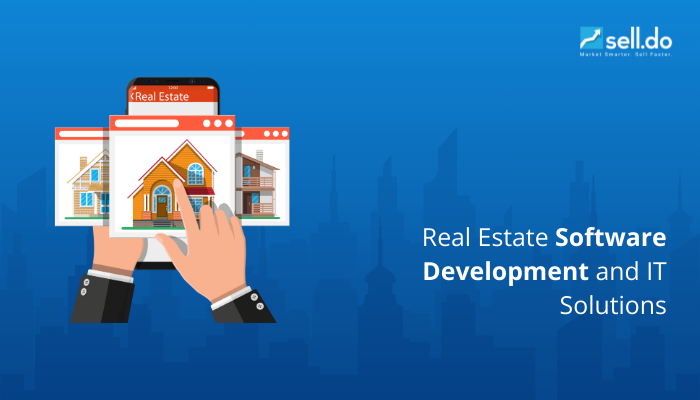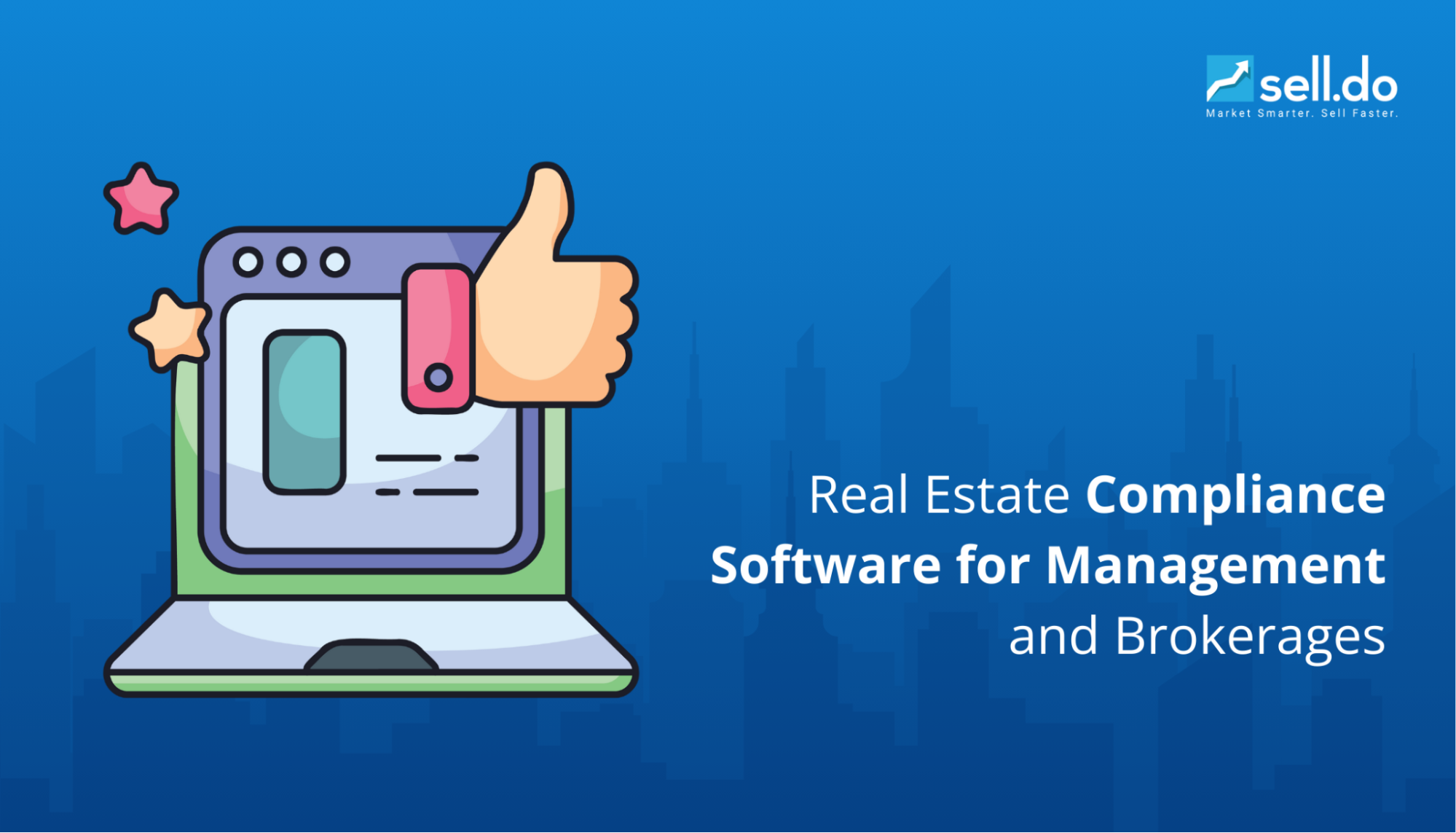A Real Estate Broker essentially represents property owners, buyers and renters, assisting them to realise such goals in a convenient manner. Real Estate Brokers can work as independent agents or operate a team as well. They can even collaborate with other brokers as and when necessary. A Real Estate broker takes up many forms when it comes to the functions they perform.
They are, however, more than just middlemen. A Real Estate Broker does more than just calling and showcasing properties. Their importance in real estate has grown in stature especially in our current contexts. When homebuyer sentiments are volatile, they need a consultant more than just a salesman.
Key Responsibilities of Real Estate Brokers
The major duties a Real Estate Broker performs for buyers and sellers include:
- Guiding the buyers through choice of properties as per their budget and purpose
- Working as a consultant while advising clients on the market situation, property prices, and mortgages
- Comparing different properties for clients based on the value of money
- Creating a list of properties for buyers to choose from
- Promoting properties to all prospective buyers
- Negotiating for the final pricing between the buyers and developers or previous home owners
- Maintaining a personal portfolio for a good place in the market
- Evolving with the latest trends in the Real Estate industry like maintaining a Real Estate CRM Software
- Listing properties on online portals
- Staying updated with the latest laws and rules in and for the Real Estate industry
Tips for Transforming Your Brokering Business
-
Maintain an online presence that’s regularly updated
Websites, social media pages, and reviews by previous customers have all become key trust building activities for every online business. Real Estate Brokering is no different. People are bound to ‘look you up’ on the net and hence, it's essential to maintain a regularly updated profile with all your inventory in place.
-
Listing your inventory on property portals, properly!
Property portals offer convenience and choice to Real Estate buyers by bringing properties to their fingerprints. Ensuring your inventory is listed and displayed clearly is of utmost importance. This includes uploading high-resolution images, property details like size and project amenities, locality information and developer credentials. Remember, the richer your listing, better are the chances of leads contacting you.
-
Maintain transparency and regular communication with buyers
As mentioned before, Brokers are still viewed by many as just agents who thrive on commissions. To change this stereotype, it is necessary to maintain transparency about the property, pricing and other details. It’s important to establish a rapport wherein the buyers trust you and your advice.
-
Use the right tools
Merely using spreadsheets isn’t going to be enough to handle an ever-increasing volume of leads, clients and inventory pouring in. One has to invest in the right set of tools for lead management, customer service, brokerage calculations and other such important processes.
Conclusion
Real Estate Brokering has no shortage of challenges or competition. In such a scenario, automation technology can be the enabler to give your business the edge over others. Using a robust CRM like Sell.Do can really help you to take your Real Estate Brokering business to the next level.
Sell.Do Broker Module has automatic lead capture, lead and inventory matching, quick lead communication, brokerage calculations, sales performance tracking, and other such features that empower Real Estate Brokers to engage home buyers, sellers, renters and developers effectively.






Leave a comment
Comments (0)
Be the first one to comment.